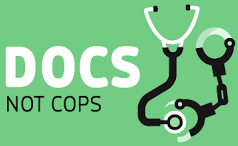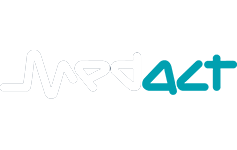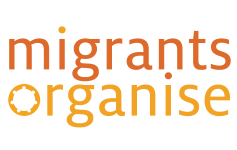Exclusions and exemptions from charging
This list of exemptions has been taken from Government guidance on charging and a simplified version on NHS Choices.
Where does charging occur?
- Charging occurs in secondary care, including: hospitals and community services provided by both NHS and non-NHS NHS-funded providers.
- Most primary care, including accessing a GP, is still free for everyone. Treatment in A&E, urgent care centres, and walk-in centres is also still free.
Who is exempt from charging?
- Asylum seekers
- Refugees
- People with leave to remain in the UK (indefinite, temporary)
- Those who have paid the immigration health surcharge with their visa application
- British nationals
- EEA nationals in possession of EHIC or Provisional Replacement Certificate
- Failed asylum seekers with a fresh application for asylum, humanitarian protection or temporary protection recorded by the Home Office
- Looked After Children (LAC) or children with no parental responsibility
- Victims of Modern Day Slavery, or decision of this pending, or if treatment commenced prior to decision was made
- Those in receipt of support under Section 95 of the Immigration & Asylum Act 1999
- Failed asylum seekers and their dependents in receipt of support under s4(2) of 1999 Act, or those in receipt of support from local authority under Part 1 (care and support) of the Care Act 2014, or s35 or 36 of the Social Services and Well-Being (Wales) Act 2014, by provision of accommodation
- Prisoners and immigration detainees
- Those in receipt of compulsory treatment under a court order or detained under the Mental Health Act at the time of treatment
- Overseas visitors granted leave to enter the UK outside immigration rules, and their child and/or companion authorised to travel with them, for whom the exemption is limited to treatment, the need for which arose during the visit, and cannot await their return home
What treatments are exempt from charging?
- Family planning (excluding termination of pregnancy)
- Diagnosis and treatment of specified infectious diseases
- Diagnosis and treatment of sexually transmitted infections
- Palliative care services provided by a registered palliative care charity or community interest company
- Services provided as part of NHS111 telephone advice line
- Treatment required for a physical or mental condition caused by:
- Torture
- Female genital mutilation
- Domestic violence
- Sexual violence


